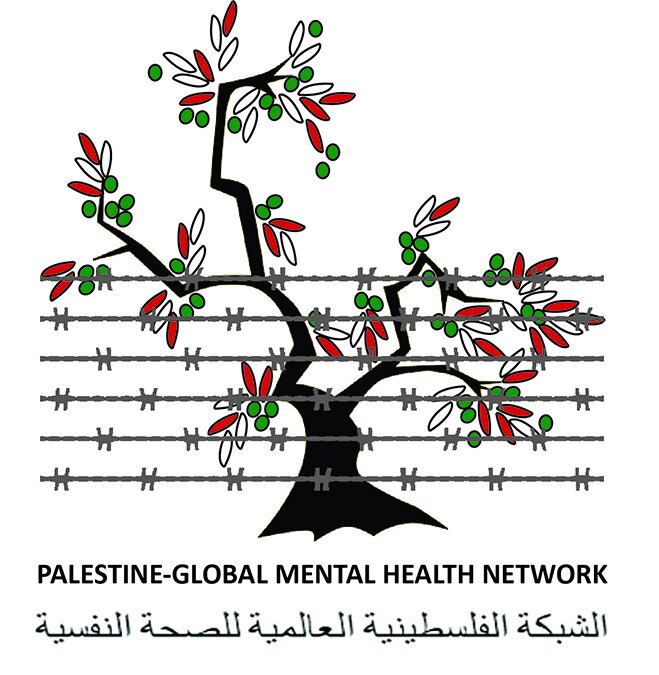For original article visit https://mondoweiss.net/2020/07/the-twin-challenges-to-palestinian-mental-health-of-occupation-and-pandemic/
On June 25, 2020, the Jewish Voice for Peace Health Advisory Council cohosted with founding members of the Palestine-Global Mental Health Network a webinar titled “Resisting Occupation and Pandemic: Mental Health in Palestine Now.” The panel was moderated by Lama Khouri, a psychotherapist working with children and adults in New York and featured Samah Jabr, a psychiatrist practicing in East Jerusalem and the West Bank, Yasser Abu Jamei, Director general of the Gaza Community Mental Health Programme, and Manal Abu Haq, a clinical social worker and psychoanalytic psychotherapist working in Ramleh, Historic Palestine.
The presentations focused first on the realities of the corona virus pandemic for Palestinians, the lack of functioning well-funded health institutions (with adequate beds, staff, medication, ICU beds, ventilators, etc.) surviving under occupation and siege, the lack of adequate testing, the challenges facing populations with high levels of poverty, lack of water and electricity, and crowded living conditions where social distancing is a challenge.
There is the added vulnerability of Palestinians living with high levels of diabetes, hypertension, obesity, anxiety and depression, and in Gaza the level of Israeli aggression and over 30,000 wounded Gazans recovering from the Great March of Return. Palestinians with Israeli citizenship face a host of challenges related to their second class status within a racist Israeli society and the unequal distribution of resources by Israeli authorities.
This has all been heightened by the cut-off by the Trump administration of US aid to UNRWA and the WHO, by the thousands of Palestinian laborers working in Israel and bringing the virus home, the thousands languishing in Israeli prisons, and by the almost total inability of Gazans to obtain health care outside of the Strip.
Palestinians have been protected by being a relatively young population and by the strong social ties and family bonds that characterize Palestinian society. Ironically Gaza has been protected by being almost hermetically sealed from the rest of the world. Therapists face the challenge of dealing with similar issues (anxiety, depression, panic, and post-traumatic stress disorder-although it is never really post) as their patients face, and by the inability to establish a safe space in a place that is inherently unsafe.
The Palestinian Ministry of Health (MoH) has been active in establishing testing, quarantines, and educating the public and providing an important mental health response to the pandemic along with other NGOs in accordance with WHO and international standards. The MoH realized quickly that prevention and emotional support was critical because of the limited availability of tertiary care and general resources.
There is, nonetheless, much to be done. Dr. Jabr wrote, “Athough Palestinians have survived previous episodes of collective anxiety, restriction of liberties, uncertainty, and loss, the pandemic uncovers a historically-neglected mental health system which is currently facing a double struggle of COVID-19 and the ongoing Israeli occupation. Yet, this crisis can be used as an opportunity to correct the wrongs and advocate for strengthening the mental health system in Palestine.”
Here are some links recommended by the panelists:
